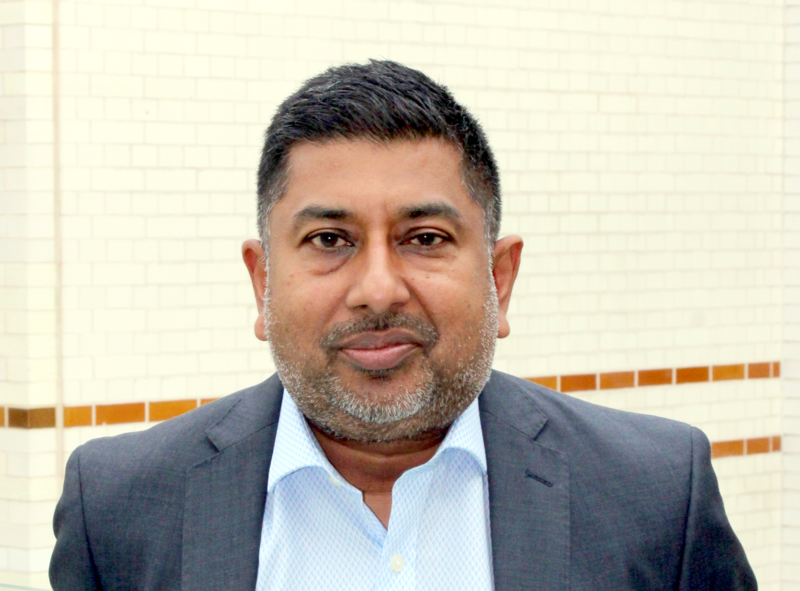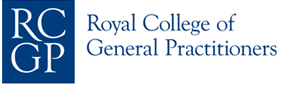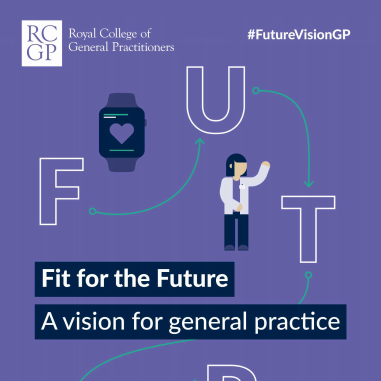 by Duleep Allirajah, Assistant Director of Policy and Campaigns, RCGP
by Duleep Allirajah, Assistant Director of Policy and Campaigns, RCGP
As any patient who struggled to book a GP appointment will know only too well, general practice in the UK is under immense strain. Demand for appointments is rising and GPs are seeing more patients with complex needs. At the same time, practices are closing, workloads are reaching unsafe levels and burnt-out GPs are quitting the profession. That is why the Royal College of General Practitioners decided the time was right to publish Fit for the Future, our vision for the revitalisation of general practice.
If general practice is to survive and flourish, it needs a radical overhaul. Sticking plasters will not suffice. GPs must embrace multi-disciplinary team working and collaborate at scale with neighbouring practices. But, we don’t want an impersonal, industrial-scale service. Continuity and holistic care must remain at the heart of tomorrow’s general practice. At scale, yes, but with a personal touch.
We consulted extensively with GPs and patients in developing our vision. What I heard time and again was that consultations were too short – the average length in the UK is less than 10 minutes. It’s time to rethink the consultation so that it works better for GPs and their patients. Our ambition is for the standard consultation to be at least 15-minutes or longer where necessary. The method of consultation will also change. Patients will also be able to access their GP surgery by video, online or telephone consultation.  The relationship between GP and patient will also be recast. In future, patients will be treated as equal partners in their own care, shared decision making will be the norm, and medication won’t be the default option.
The relationship between GP and patient will also be recast. In future, patients will be treated as equal partners in their own care, shared decision making will be the norm, and medication won’t be the default option.
General practice in the future won’t just be delivered by GPs. It will be very much a team endeavour. Care will be delivered by multi-professional practice teams comprising a range of clinical and non-clinical roles. One of those roles is the first-contact practitioner, who can assess, diagnose and provide initial treatment for patients with musculoskeletal conditions (MSK). An audit of a service in Forth Valley NHS found that first contact practitioners were able to deal with 99% of MSK patients in GP surgeries. Services like these mean no lengthy waits for MSK appointments; they also free up GPs to focus their skills to where they are most needed – diagnosing serious health conditions and managing multimorbidity.
 Will the expansion of practice teams erode continuity of care which, as the evidence shows, leads to better health outcomes? It is a risk which requires us to find creative solutions. The College is currently supporting the Health Foundation to test out innovative approaches to continuity’ – for example using ‘micro-teams’ – which can preserve the benefits of relationship-based medicine as general practice moves to multidisciplinary team working.
Will the expansion of practice teams erode continuity of care which, as the evidence shows, leads to better health outcomes? It is a risk which requires us to find creative solutions. The College is currently supporting the Health Foundation to test out innovative approaches to continuity’ – for example using ‘micro-teams’ – which can preserve the benefits of relationship-based medicine as general practice moves to multidisciplinary team working.
In our vision, GPs won’t just be working with a wider range of practitioners in their surgeries, they will also collaborate with neighbouring practices to deliver placed-based care for their communities. Too often today, practices are forced to merge because they are no longer financially viable. We want to see GPs collaborate at scale freely, not because they are compelled to but because it is the right thing to do. Ideally, GPs will shape and feel real ownership of these new networks or federations. There are huge benefits to working at scale, such as pooling back office functions or clinical staff and moving more services from acute to primary care settings. Over time, these GP networks and clusters will become well-being hubs, hosting a range of well-being, healthy living and community services. This way general practice can play a proactive role in preventing ill-health, reducing health inequalities and building community resilience.
Realising our vision will depend on several key enablers – increased funding, workforce capacity and skills, a radical upgrade of GP premises, state-of-the-art digital technology and more GPs engaged in innovation and research. Ours is an ambitious vision but not a pipe dream. With these building blocks in place we can not only deliver world class, patient-centred primary care, we can ensure that being a GP can be the best job in the world.

